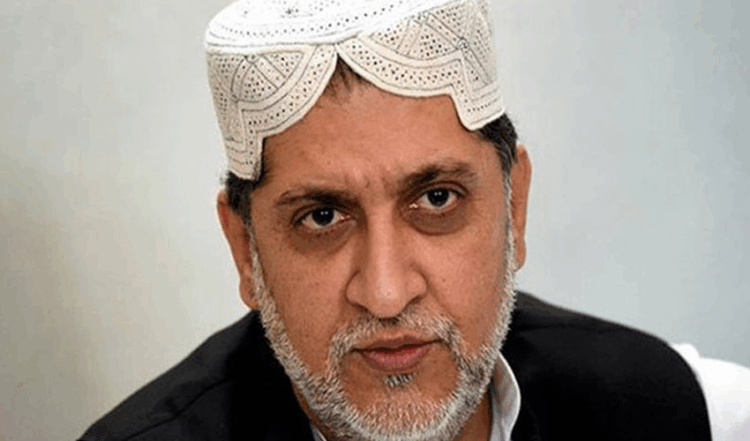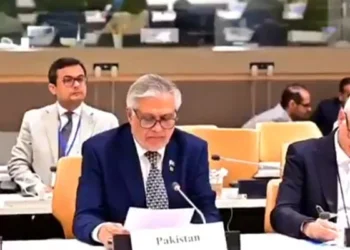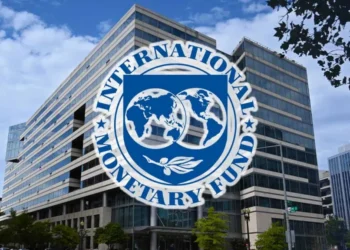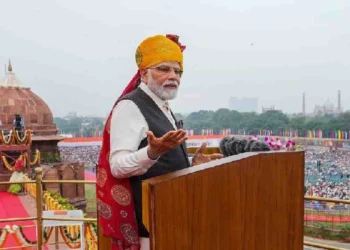QUETTA; In a landmark ruling, the Balochistan High Court has declared the inclusion of veteran politician and Balochistan National Party (BNP) chief, Sardar Akhtar Mengal, in the Provisional National Identification List (PNIL) as “illegal and unconstitutional,” ordering his immediate removal from the list.
The court, while issuing its verdict, stated that PNIL had no legal framework or statutory basis and therefore could not be used to curtail the constitutional rights of citizens. It further observed that fundamental rights could only be restricted through law, not by administrative orders.
The judgment noted that barring Akhtar Mengal from travelling abroad without prior notice was a direct violation of constitutional guarantees under Article 15, which ensures freedom of movement. The court stressed that citizens’ fundamental rights are inalienable and cannot be suspended through arbitrary mechanisms.
The provincial government, the bench remarked, had failed to provide any valid legal justification for the creation or use of PNIL. As a result, Constitutional Petition No. 1149/2025 was allowed in Mengal’s favour.
The case emerged earlier this year when Akhtar Mengal was stopped at an airport and prevented from boarding an international flight. Officials informed him that his name was placed on PNIL — a controversial list used by authorities to impose temporary travel restrictions on citizens.
Unlike the Exit Control List (ECL), which has a legal framework, PNIL has long been criticised by rights activists and legal experts for its lack of transparency and absence of due process. Individuals placed on PNIL are often not served prior notice, leaving them unaware until they attempt to travel abroad.
Mengal, a three-time chief minister of Balochistan and sitting member of the National Assembly, challenged the move in court, terming it an attempt to suppress political dissent and curtail constitutional freedoms.
Analysts say the ruling sets an important precedent for citizens’ civil liberties, reaffirming that arbitrary executive actions cannot override constitutional protections. They view it as a significant step toward ensuring transparency and accountability in how travel restrictions are imposed.
























